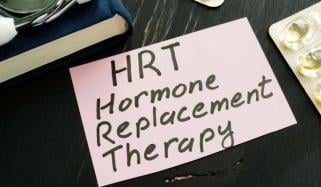
New research revealed that people with irregular sleeping patterns have a higher risk of stroke, heart attack, and heart failure.
According to ITV, a study done by UK Biobank suggested that irregular sleep patterns are prone to stroke, heart failure, and heart attacks, irrespective of the fact that they are getting enough sleep overall.
For this study, the researchers examined data from 72,269 people aged 40 to 79 with no history of major heart-related issues.
All the participants wore an activity tracker for seven days to record their sleep, through which the researchers calculated a Sleep Regularity Index (SRI) score for each person.
After eight years of observation and analysis, the researchers found that irregular sleepers were 26% more likely to suffer a stroke, heart failure, or heart attack than those with regular sleep, while moderately irregular sleepers had an 8% higher risk.
Emily McGrath, senior cardiac nurse at the British Heart Foundation, said: “It is not clear exactly how sleep benefits the heart, but research suggests that disturbed sleep is associated with higher levels of a C-reactive protein called CRP. This is a sign of inflammation, the process linked with heart and circulatory disease. Sleep can also have an indirect impact on heart health by affecting our lifestyle choices."
"Studies have suggested that not sleeping enough might affect the hormones that influence our appetite, increasing our desire for sugary foods. More research is needed to strengthen this discovery, but the early results suggest there’s an important connection between sleep and heart and circulatory health,” she added
As per the study, published online in the Journal of Epidemiology and Community Health, the recommended amount of sleep for 18 to 64 years is 7-9 hours per night and 7-8 hours for people aged 65 and over.















